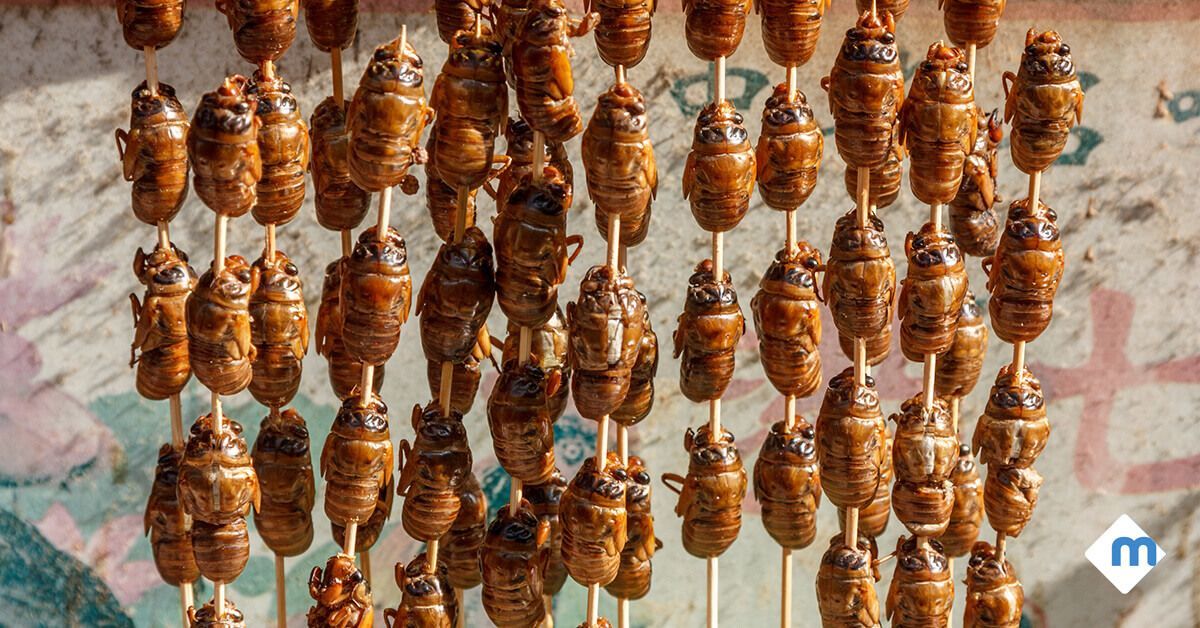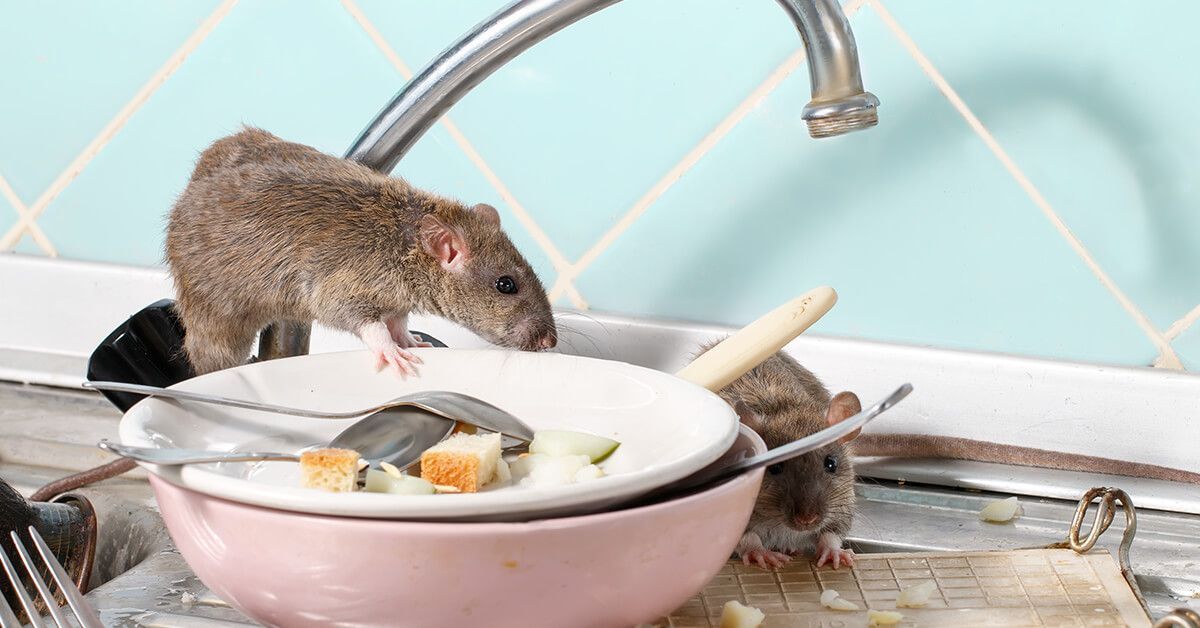Palmetto Bugs vs Roach
Palmetto bug is just another name for the American cockroach. Due to the increased summer heat, many North Georgia residents are experiencing infestations of palmetto bugs, aka American Cockroaches.
The palmetto bug earned its nickname because it was often found hiding under the shaded leaves of palm trees. Palmetto bugs thrive in a damp, humid habitat, which is why they are fleeing from the dry, cold conditions outside and into your home. An adult American cockroach is typically large, winged, and reddish brown — with a yellow band behind their head.
Palmetto bugs are a cockroach species, which usually either refer to the American cockroach or the smoky-brown cockroach. This species of cockroach tends to be attracted to light and can often be found flying toward any sort of light source. You will most likely notice these insects at night, as this is when they search for food. Palmetto bugs are omnivores and eat both plants and meat. Like most cockroaches, they will eat almost anything, whether it’s food scraps in the garbage, dirty clothes, hair, paper, or even glue. They especially enjoy eating sweet and starchy foods. These resilient insects can live up to 3 months without food and 1 month without water.
The answer is: yes, sorta. Palmetto bugs have wings and will tend to fly towards the light. However, they are not great flyers.
The number one way to prevent a cockroach infestation is to keep your home clean. Wipe down any surface where food is prepared, don’t leave out dirty dishes, vacuum and sweep your floors regularly, and don’t hoard clutter in your home.
Water leaks and sweating pipes create an ideal home for palmetto bugs. If you have a leak, dry everything what can be dried with paper towels, and keep those wet towels in a sealed plastic bag.
Close off any possible way that roaches can enter your home. Seal any cracks and gaps in floors, walls, cabinets, pipes, and electrical cables. Make sure that all the windows and doors fit tightly with their frames in size and shape with no cracks. Also, try not to leave the door open during cold seasons.
4. Cut your bushes, and clean up fallen leaves around your home.
These pests really love foliage and they will hide under leaf debris, so make sure to clean up fallen leaves around your home. Keep exterior shrubs and trees cut back a minimum of 18″ from your house. ( Stone, cedar mulch, or recycled tire mulch are better choices than pine straw.) Additionally, keep your gutters cleaned with the water draining away from your home.
If You’re Near Metro-Atlanta, Call the Local Exterminator for Palmetto Bug Control
These tips should help prevent a palmetto bug infestation in your home, but if you do have unwelcome critters in your residence be sure to contact a pest control professional to remove them. If you suspect a pest infestation in your home, contact Local Exterminator, Inc to inspect, identify, and treat the problem.
Contact Local Exterminator online, or call us today at (855) 7822-825 for a FREE Atlanta pest control inspection!




